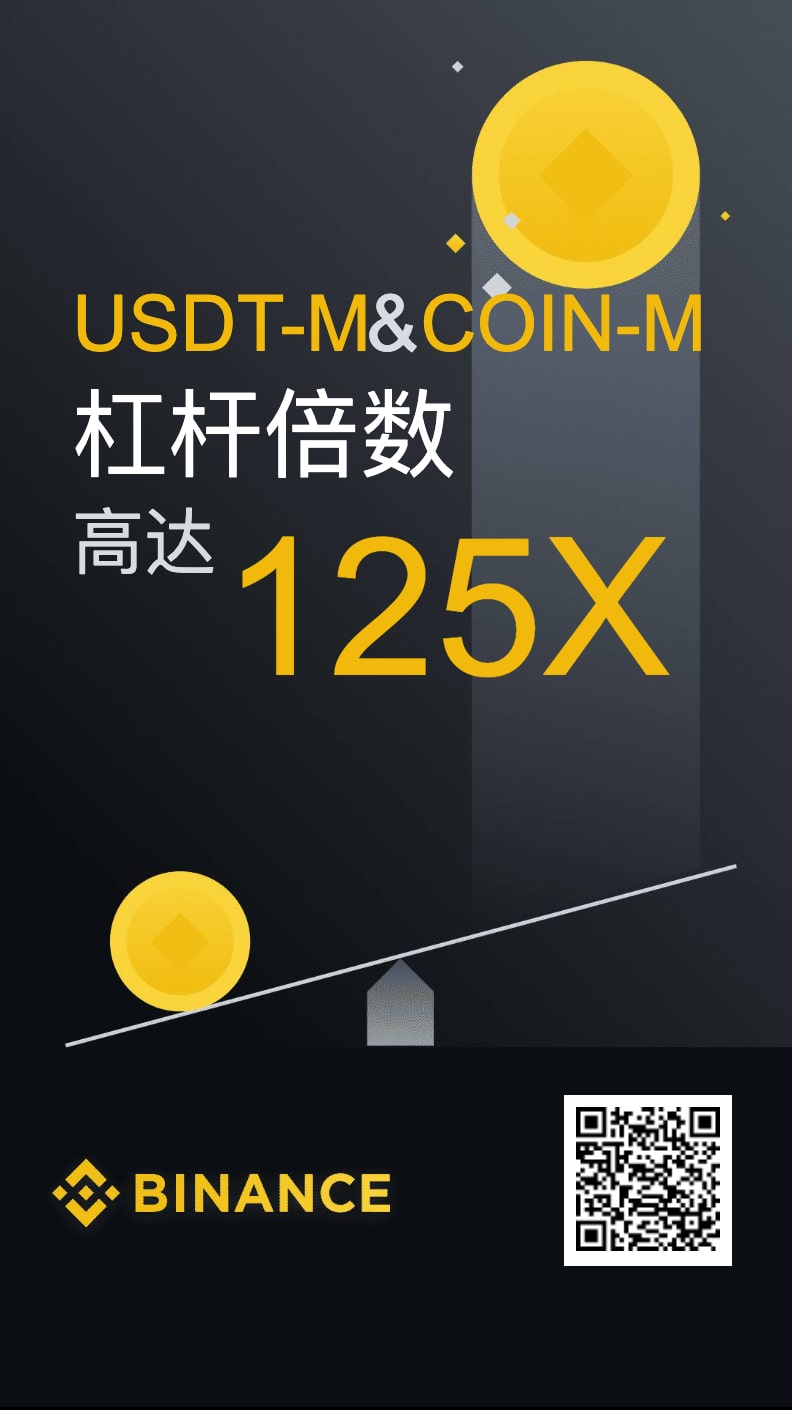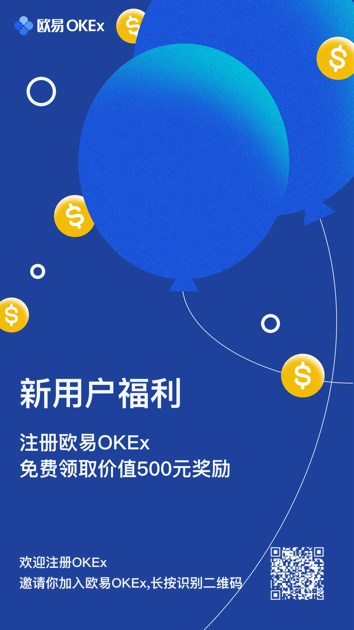原文链接在这里: https://ethgasstation.info/blog/what-is-create2/ 最关键的一句话是:
In the original CREATE opcode, contract addresses were generated by from the deployer’s account and nonce. However, the new CREATE2 opcode replaces these values with a data value called salt. The salt combined with the init code of the contract allows you to determine its future address before it is deployed. It’s a way to say: “I’ll deploy this contract at this address in the future.”
这句话的意思大概是原来CREATE的标准里面,ETH合约地址是通过部署者的地址和nonce来确定智能合约地址; 然而,现在可以通过一个叫salt(加密种子)来确定未来需要部署的地址,也就是说那个地址还没有被部署,但是已经确定了。
对于这个智能合约的写法,下面这个智能合约非常重要: https://github.com/optionality/clone-factory
预先产生地址的代码:
const create2 = require(‘eth-create2’); const creatorAddress = ‘0x252EF94A1DccCf69618619CF580006A796e61D92’; const salt = ‘0x0000000000000000000000000000000000000000000000000000000000000000’; const initCode = ‘0x1e69f101f6f90befece9d467ed982c162fc8812e385fbb851df80a8a1530ec90’;
const address = create2(creatorAddress, salt, initCode); console.log(address);
获取Initcode的智能合约算法:
pragma solidity =0.5.16; import ‘./UniswapV2Pair.sol’; contract CalHash { function getInitHash() public pure returns(bytes32){ bytes memory bytecode = type(UniswapV2Pair).creationCode; return keccak256(abi.encodePacked(bytecode)); } }
uniswap的transfer合约:
pragma solidity >=0.6.0;
// helper methods for interacting with ERC20 tokens and sending ETH that do not consistently return true/false library TransferHelper { function safeApprove( address token, address to, uint256 value ) internal { // bytes4(keccak256(bytes(‘approve(address,uint256)’))); (bool success, bytes memory data) = token.call(abi.encodeWithSelector(0x095ea7b3, to, value)); require( success && (data.length == 0 || abi.decode(data, (bool))), ‘TransferHelper::safeApprove: approve failed’ ); }
function safeTransfer( address token, address to, uint256 value ) internal { // bytes4(keccak256(bytes('transfer(address,uint256)'))); (bool success, bytes memory data) = token.call(abi.encodeWithSelector(0xa9059cbb, to, value)); require( success && (data.length == 0 || abi.decode(data, (bool))), 'TransferHelper::safeTransfer: transfer failed' ); } function safeTransferFrom( address token, address from, address to, uint256 value ) internal { // bytes4(keccak256(bytes('transferFrom(address,address,uint256)'))); (bool success, bytes memory data) = token.call(abi.encodeWithSelector(0x23b872dd, from, to, value)); require( success && (data.length == 0 || abi.decode(data, (bool))), 'TransferHelper::transferFrom: transferFrom failed' ); } function safeTransferETH(address to, uint256 value) internal { (bool success, ) = to.call{value: value}(new bytes(0)); require(success, 'TransferHelper::safeTransferETH: ETH transfer failed'); }}
forwardfactory的合约
pragma solidity 0.7.5; import “./Forwarder.sol”; import “./CloneFactory.sol”;
contract ForwarderFactory is CloneFactory { address public implementationAddress;
event ForwarderCreated(address newForwarderAddress, address parentAddress);
constructor(address _implementationAddress) { implementationAddress = _implementationAddress; }
function createForwarder(address parent, bytes32 salt) external { // include the signers in the salt so any contract deployed to a given address must have the same signers bytes32 finalSalt = keccak256(abi.encodePacked(parent, salt));
address payable clone = createClone(implementationAddress, finalSalt); Forwarder(clone).init(parent); emit ForwarderCreated(clone, parent);} }
forward的合约:
pragma solidity 0.7.5; import “./TransferHelper.sol”; import “./ERC20Interface.sol”;
/**
- Contract that will forward any incoming Ether to the creator of the contract
*/ contract Forwarder { // Address to which any funds sent to this contract will be forwarded address public parentAddress; event ForwarderDeposited(address from, uint256 value, bytes data);
/**
- Initialize the contract, and sets the destination address to that of the creator */ function init(address _parentAddress) external onlyUninitialized { parentAddress = _parentAddress; uint256 value = address(this).balance;
if (value == 0) { return; } (bool success, ) = parentAddress.call{ value: value }(""); require(success, "Flush failed"); // NOTE: since we are forwarding on initialization, // we don't have the context of the original sender. // We still emit an event about the forwarding but set // the sender to the forwarder itself emit ForwarderDeposited(address(this), value, msg.data);}
/**
- Modifier that will execute internal code block only if the sender is the parent address */ modifier onlyParent { require(msg.sender == parentAddress, “Only Parent”); _; }
/**
- Modifier that will execute internal code block only if the contract has not been initialized yet */ modifier onlyUninitialized { require(parentAddress == address(0x0), “Already initialized”); _; }
/**
- Default function; Gets called when data is sent but does not match any other function */ fallback() external payable { flush(); }
/**
- Default function; Gets called when Ether is deposited with no data, and forwards it to the parent address */ receive() external payable { flush(); }
/**
- Execute a token transfer of the full balance from the forwarder token to the parent address
- @param tokenContractAddress the address of the erc20 token contract */ function flushTokens(address tokenContractAddress) external onlyParent { ERC20Interface instance = ERC20Interface(tokenContractAddress); address forwarderAddress = address(this); uint256 forwarderBalance = instance.balanceOf(forwarderAddress); if (forwarderBalance == 0) { return; }
TransferHelper.safeTransfer(tokenContractAddress, parentAddress, forwarderBalance);}
/**
- Flush the entire balance of the contract to the parent address. */ function flush() public { uint256 value = address(this).balance;
if (value == 0) { return; } (bool success, ) = parentAddress.call{ value: value }(""); require(success, "Flush failed"); emit ForwarderDeposited(msg.sender, value, msg.data);} }
clonefactory的合约
pragma solidity 0.7.5;
/* The MIT License (MIT) Copyright © 2018 Murray Software, LLC. Permission is hereby granted, free of charge, to any person obtaining a copy of this software and associated documentation files (the "Software"), to deal in the Software without restriction, including without limitation the rights to use, copy, modify, merge, publish, distribute, sublicense, and/or sell copies of the Software, and to permit persons to whom the Software is furnished to do so, subject to the following conditions: The above copyright notice and this permission notice shall be included in all copies or substantial portions of the Software. THE SOFTWARE IS PROVIDED “AS IS”, WITHOUT WARRANTY OF ANY KIND, EXPRESS OR IMPLIED, INCLUDING BUT NOT LIMITED TO THE WARRANTIES OF MERCHANTABILITY, FITNESS FOR A PARTICULAR PURPOSE AND NONINFRINGEMENT. IN NO EVENT SHALL THE AUTHORS OR COPYRIGHT HOLDERS BE LIABLE FOR ANY CLAIM, DAMAGES OR OTHER LIABILITY, WHETHER IN AN ACTION OF CONTRACT, TORT OR OTHERWISE, ARISING FROM, OUT OF OR IN CONNECTION WITH THE SOFTWARE OR THE USE OR OTHER DEALINGS IN THE SOFTWARE. */ //solhint-disable max-line-length //solhint-disable no-inline-assembly
contract CloneFactory { function createClone(address target, bytes32 salt) internal returns (address payable result) { bytes20 targetBytes = bytes20(target); assembly { // load the next free memory slot as a place to store the clone contract data let clone := mload(0x40)
// The bytecode block below is responsible for contract initialization // during deployment, it is worth noting the proxied contract constructor will not be called during // the cloning procedure and that is why an initialization function needs to be called after the // clone is created mstore( clone, 0x3d602d80600a3d3981f3363d3d373d3d3d363d73000000000000000000000000 ) // This stores the address location of the implementation contract // so that the proxy knows where to delegate call logic to mstore(add(clone, 0x14), targetBytes) // The bytecode block is the actual code that is deployed for each clone created. // It forwards all calls to the already deployed implementation via a delegatecall mstore( add(clone, 0x28), 0x5af43d82803e903d91602b57fd5bf30000000000000000000000000000000000 ) // deploy the contract using the CREATE2 opcode // this deploys the minimal proxy defined above, which will proxy all // calls to use the logic defined in the implementation contract `target` result := create2(0, clone, 0x37, salt) }}
function isClone(address target, address query) internal view returns (bool result) { bytes20 targetBytes = bytes20(target); assembly { // load the next free memory slot as a place to store the comparison clone let clone := mload(0x40)
// The next three lines store the expected bytecode for a miniml proxy // that targets `target` as its implementation contract mstore( clone, 0x363d3d373d3d3d363d7300000000000000000000000000000000000000000000 ) mstore(add(clone, 0xa), targetBytes) mstore( add(clone, 0x1e), 0x5af43d82803e903d91602b57fd5bf30000000000000000000000000000000000 ) // the next two lines store the bytecode of the contract that we are checking in memory let other := add(clone, 0x40) extcodecopy(query, other, 0, 0x2d) // Check if the expected bytecode equals the actual bytecode and return the result result := and( eq(mload(clone), mload(other)), eq(mload(add(clone, 0xd)), mload(add(other, 0xd))) ) }} }
BitGo的智能合约,就是这种实现方式:
痛点: 以前BitGo需要为每个客户预先部署智能合约地址,非常耗手续费;
解决方案,用CREATE2预先算出地址,分配给用户,用户存钱之后再创建智能合约,把币forward到合并账户 BitGo智能合约:
https://github.com/BitGo/eth-multisig-v4/blob/master/contracts/ForwarderFactory.sol https://github.com/BitGo/eth-multisig-v4/blob/master/contracts/Forwarder.sol
转一个完整的实现方案 https://cloud.tencent.com/developer/article/1669978
那样就是利好消息了!
牛,越来越厉害
@sailormoon 这个create2的方式出来了很久了。
哈哈,暂时还看不懂,但是知道利好就行啦
看起来是重大利好
是利好吗?不是很懂
我不懂技术,能牛B就好
发展越来越好了
以太坊会取代比特币吗
进来长点知识
@haoli 比特币永远是老大
@haoli 也许吧 目前看难啊
谢谢分享
谢谢分享
谢谢分享
666
感謝財哥分享 學習了
6666
为什么我学的也是软件但是完全看不懂
厉害了,大兄弟
点赞
赞👍
看不懂代码,但是知道技术上越来越完善
感谢分享
其实并不难应该可以学会。大学努力





